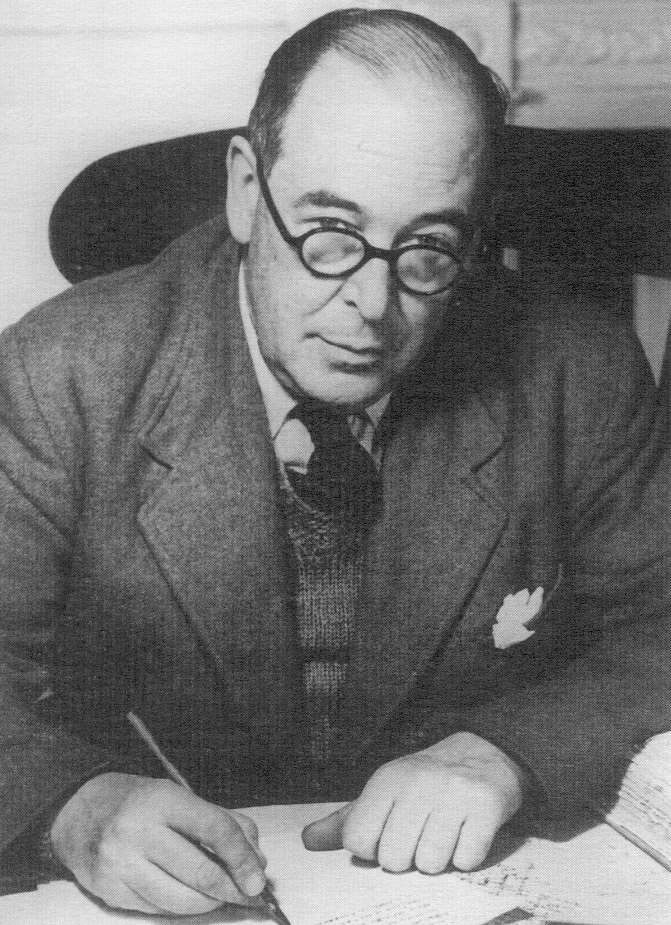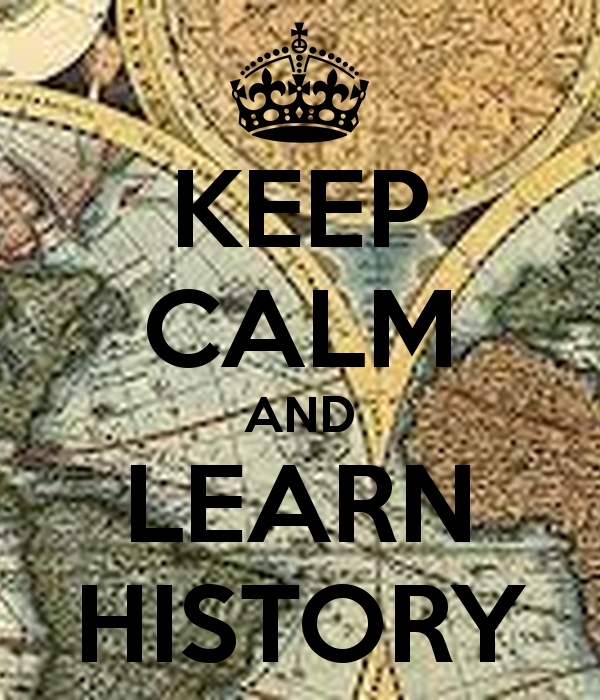One of my pet peeves is the phrase about being “on the right side of history.” Its corollary is to avoid being “on the wrong side of history.” Both posit an untruth, one that I labor to show students in my classes: these phrases assume an inevitability. They push us to believe that history is something that has a mind of its own and is going down a preordained path—and you had better get on that path or be swept aside as an irrelevance. After all, we must move forward because that is progress. History is always progressing and we need to recognize that. Or so the argument goes.
History is not a predetermined path (except for the Second Coming) and we have a lot of decisions to make along the way, both in our personal lives and in how we influence the society in which we live. We should never live by trite phrases because free will is one of those gifts of God to humanity—for good or for ill—that reflects His image. The future is not all set; it depends on what we choose to do. And when we look back at history, we see that many individual decisions are what have influenced those events. Further, there have been times when what appeared to be the inevitable did not come to pass.

One of C.S. Lewis’s key points in chapter 5 of book one in Mere Christianity makes this point elegantly. I covered this with my students earlier this week. As Lewis readers well know, he began the book (drawn from his BBC broadcasts in WWII) with general propositions that most people would affirm. There is a right and wrong. We are offended when others wrong us. We also know that we are guilty because we have done wrong. The basics.
Then when he gets to the chapter mentioned above, “We Have Cause to Be Uneasy,” he immediately deals with an objection some might have to where he’s going with his argument. “You may have felt you were ready to listen to me as long as you thought I had anything new to say; but if it turns out to be only religion, well the world has tried that and you cannot put the clock back.”

That is similar to the statement that one needs to be on the right side of history. “Anything that is old is past its time. We need to move forward to where history is leading us. Don’t try to go back to where we once were,” some will say. Lewis won’t have that.
“First, as to putting the clock back,” he began, “would you think I was joking if I said that you can put a clock back, and that if the clock is wrong it is often a very sensible thing to do?” So his refutation’s starting point is that the assertion itself was faulty. “But I would rather get away from that whole idea of clocks,” he continued.
That’s when he launches into an understanding of progress, and in doing so, undercuts that phrase about the right and wrong side of history.
We all want progress. But progress means getting nearer to the place where you want to be. And if you have taken a wrong turning, then to go forward does not get you any nearer. If you are on the wrong road, progress means doing an about-turn and walking back to the right road; and in that case the man who turns back soonest is the most progressive man.
We have all seen this when doing arithmetic. When I have started a sum the wrong way, the sooner I admit this and go back and start over again, the faster I shall get on. There is nothing progressive about being pigheaded and refusing to admit a mistake. We are on the wrong road. And if that is so, we must go back. Going back is the quickest way on.

Yes, we all want progress, but is history leading us toward progress automatically? Not at all. What if we are on a wrong road? What if it is taking us where we really don’t want to be? As Lewis notes (and I bolded it for you), “There is nothing progressive about being pigheaded and refusing to admit a mistake.”
Those mistakes occur in our personal lives and in our decisions about how we impact our society. In both cases, when we realize we are mistaken, we need to get off that road and find the right one. One reason I enjoy learning and teaching history is that it really has so much to teach us. What a shame that history has receded as a study nowadays. The number of students learning history is diminishing; history programs are being either reduced or shut down completely. As a result, we make the same old mistakes that were made in the past and we don’t even know it.
Yet, even now, we don’t have to settle for whatever just happens. We still have choices. We have decisions to make. May they be wise decisions based on Biblical principles and our knowledge of what has gone before.
